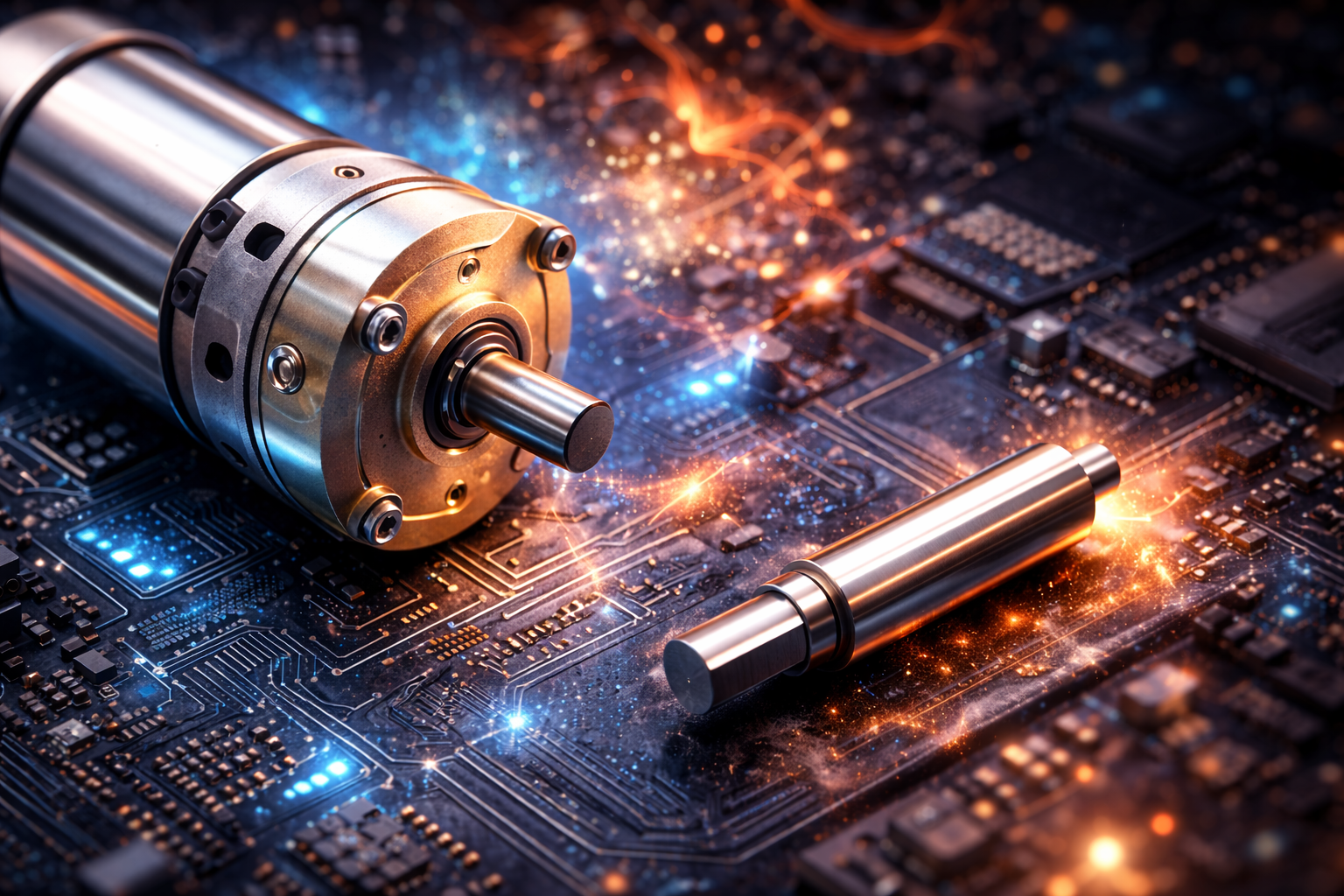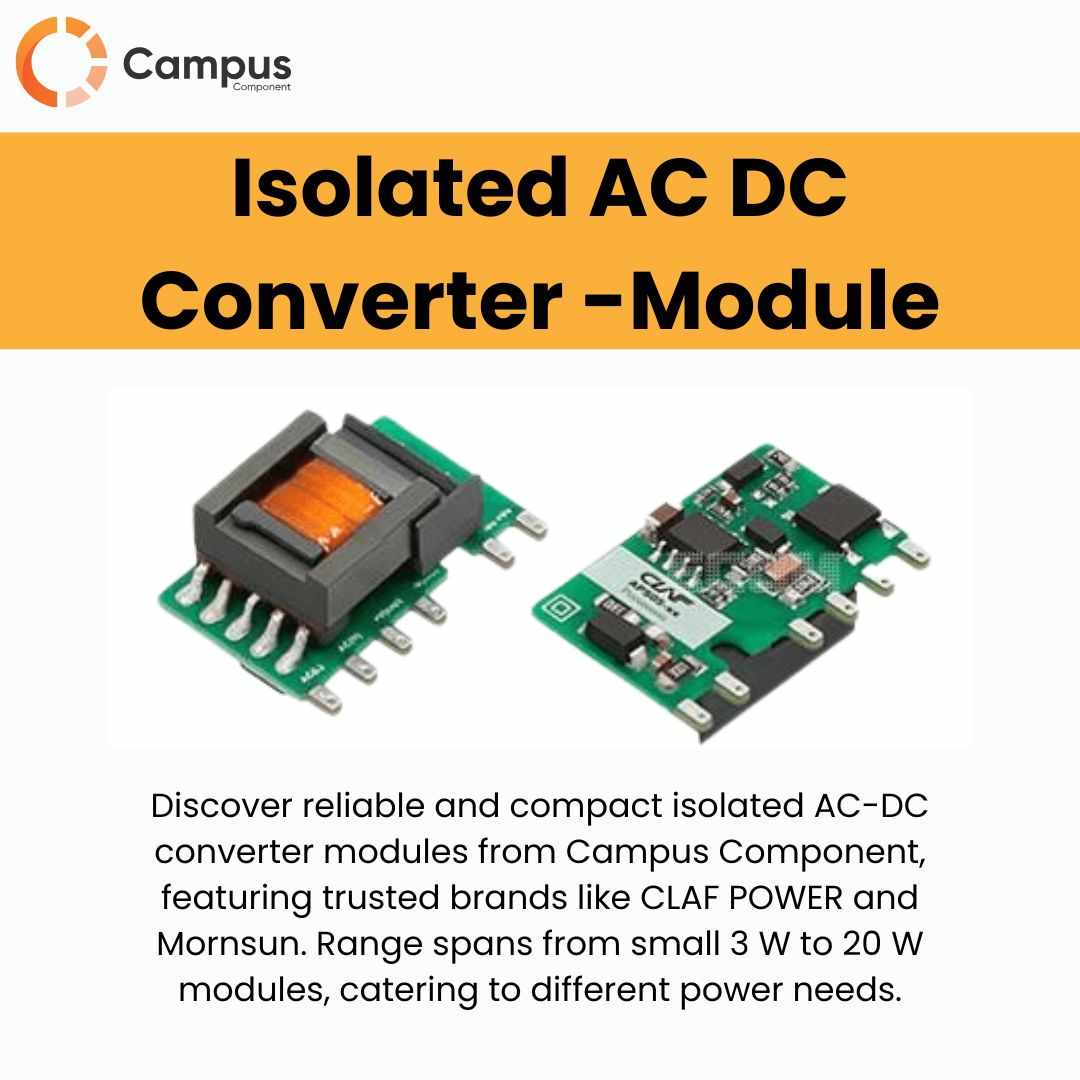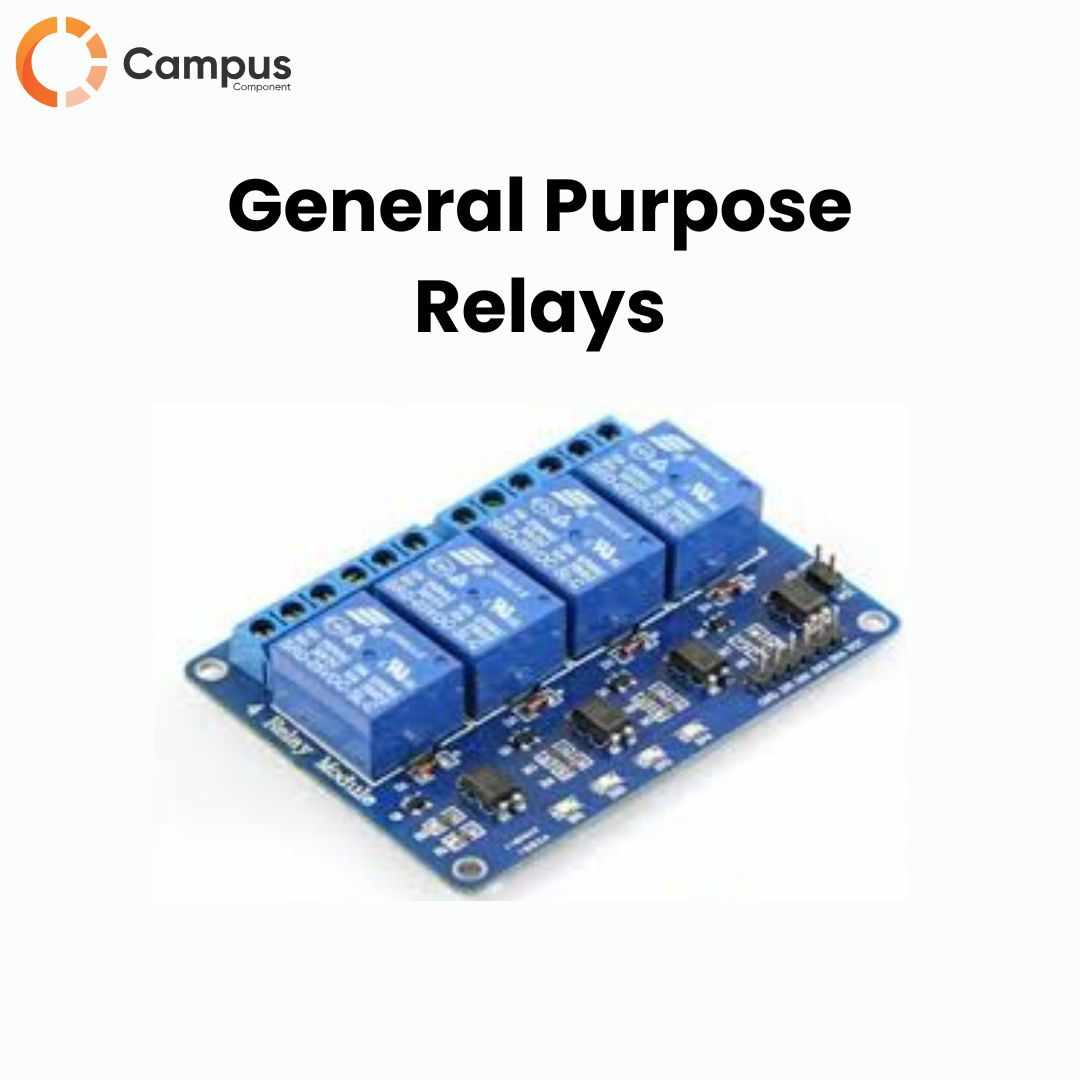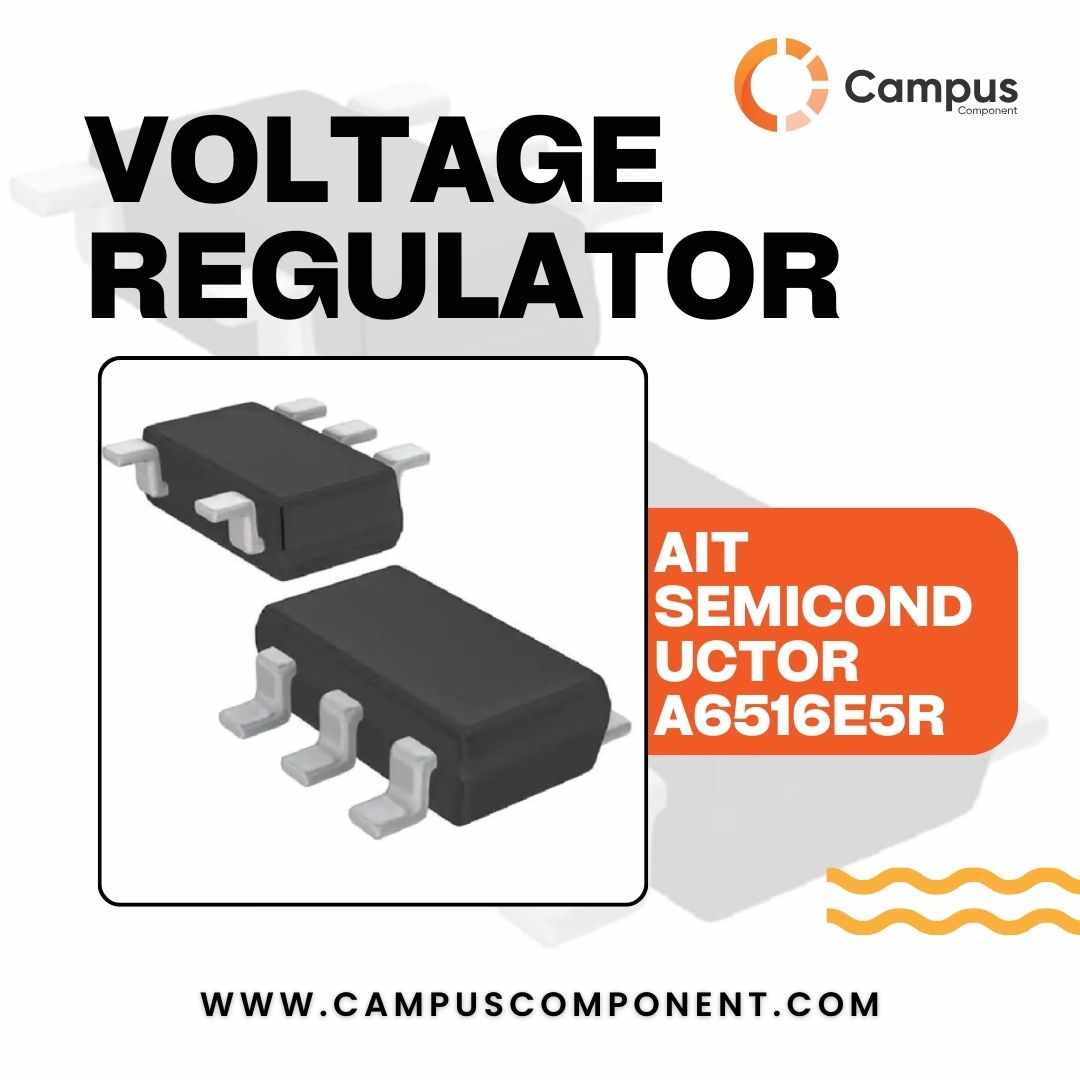In today’s rapidly evolving world of electronics and automation, the sensors module plays a critical role in shaping modern technology. From smart homes and industrial automation to medical devices and robotics, sensors act as the “eyes and ears” of electronic systems, allowing devices to detect, measure, and respond to their environment.
For students, professionals, and businesses, understanding the importance of sensors is essential to building reliable and innovative solutions. With trusted suppliers like Campus Component, it becomes easier to access quality sensors for every project, whether you’re working on academic experiments or industrial applications. For those looking to explore more options or directly buy sensors online, finding the right module ensures precision and performance.
What is a Sensors Module?
A sensors module is an electronic component or a combination of components designed to detect physical parameters such as temperature, pressure, motion, light, sound, or gas, and convert them into electrical signals. These signals can then be processed by microcontrollers or computers for further use.
In simple terms, a sensor module serves as a bridge between the physical world and the digital system. Without sensors, modern automation and smart devices would not exist.
Types of Sensors Modules
Different applications require different types of sensors. Below are some commonly used categories of sensors modules:
1. Temperature Sensors
These detect temperature changes and are widely used in HVAC systems, weather monitoring, and industrial equipment. Examples include thermistors, RTDs, and infrared temperature sensors.
2. Motion and Proximity Sensors
These sensors detect movement or the presence of nearby objects. They are used in automatic lighting systems, security devices, and robotics. Common examples include PIR (Passive Infrared) sensors and ultrasonic sensors.
3. Gas Sensors
Gas sensors measure the presence and concentration of gases such as carbon monoxide, methane, or smoke. They are crucial for environmental monitoring and safety systems.
4. Light Sensors
Light-dependent resistors (LDRs) and photodiodes help detect changes in light intensity. They are used in smartphones, automatic street lighting, and solar trackers.
5. Pressure Sensors
These sensors measure pressure changes in air, water, or other fluids. Applications include weather forecasting, industrial control, and medical devices.
6. Touch Sensors
Found in everyday devices like smartphones and touch panels, these sensors detect user input through direct contact.
Applications of Sensors Modules
The versatility of sensors modules makes them indispensable in a wide variety of fields. Some of the most prominent applications include:
Smart Homes: Motion sensors, gas detectors, and light sensors contribute to intelligent and energy-efficient living spaces.
Healthcare: Heart rate monitors, temperature sensors, and glucose monitoring devices rely heavily on sensor technology.
Automotive Industry: Sensors improve vehicle safety, from airbag deployment systems to tire pressure monitoring.
Industrial Automation: Pressure, proximity, and vibration sensors ensure efficiency and safety in factories.
Consumer Electronics: Smartphones, wearables, and gaming devices depend on sensors for seamless user experiences.
Benefits of Using Sensors Modules
Incorporating sensor modules into projects or systems provides multiple advantages:
Accuracy and Precision – Sensors deliver accurate measurements, enabling better decision-making.
Automation – They help reduce manual intervention by automating processes.
Energy Efficiency – Many smart devices use sensors to optimize energy consumption.
Safety and Monitoring – Sensors provide real-time alerts, making environments safer.
Innovation – From smart cities to IoT devices, sensors open up endless possibilities for innovation.
How to Choose the Right Sensors Module
Selecting the appropriate sensor depends on your project requirements. Consider the following factors:
Type of Parameter to Measure: Temperature, pressure, motion, or light.
Range and Sensitivity: Ensure the sensor is capable of detecting the values you need.
Compatibility: Check if the sensor works with your microcontroller, Arduino, Raspberry Pi, or other system.
Durability: Industrial projects may require rugged and weather-resistant sensors.
Cost vs. Performance: Strike a balance between budget and reliability.
Why Choose Campus Component for Sensors Modules
When it comes to sourcing reliable and high-quality sensors modules, Campus Component stands out as a trusted brand. They offer:
A wide range of sensor categories to suit diverse needs.
Quality assurance for accuracy and durability.
Competitive pricing for students, hobbyists, and professionals.
Easy availability through their online platform.
Campus Component ensures that both learners and industry professionals can easily access top-notch components, helping them innovate and implement projects with confidence.
Conclusion
The sensors module is a cornerstone of modern technology, bridging the gap between physical reality and digital intelligence. With endless applications in healthcare, automation, consumer electronics, and more, these modules are shaping the future of technology. For anyone aiming to build smarter, safer, and more efficient systems, choosing the right sensor is crucial. Campus Component provides the reliability, variety, and accessibility needed to bring ideas to life. Investing in quality sensors today ensures that your projects and innovations stay ahead in the competitive world of technology.






Write a comment ...